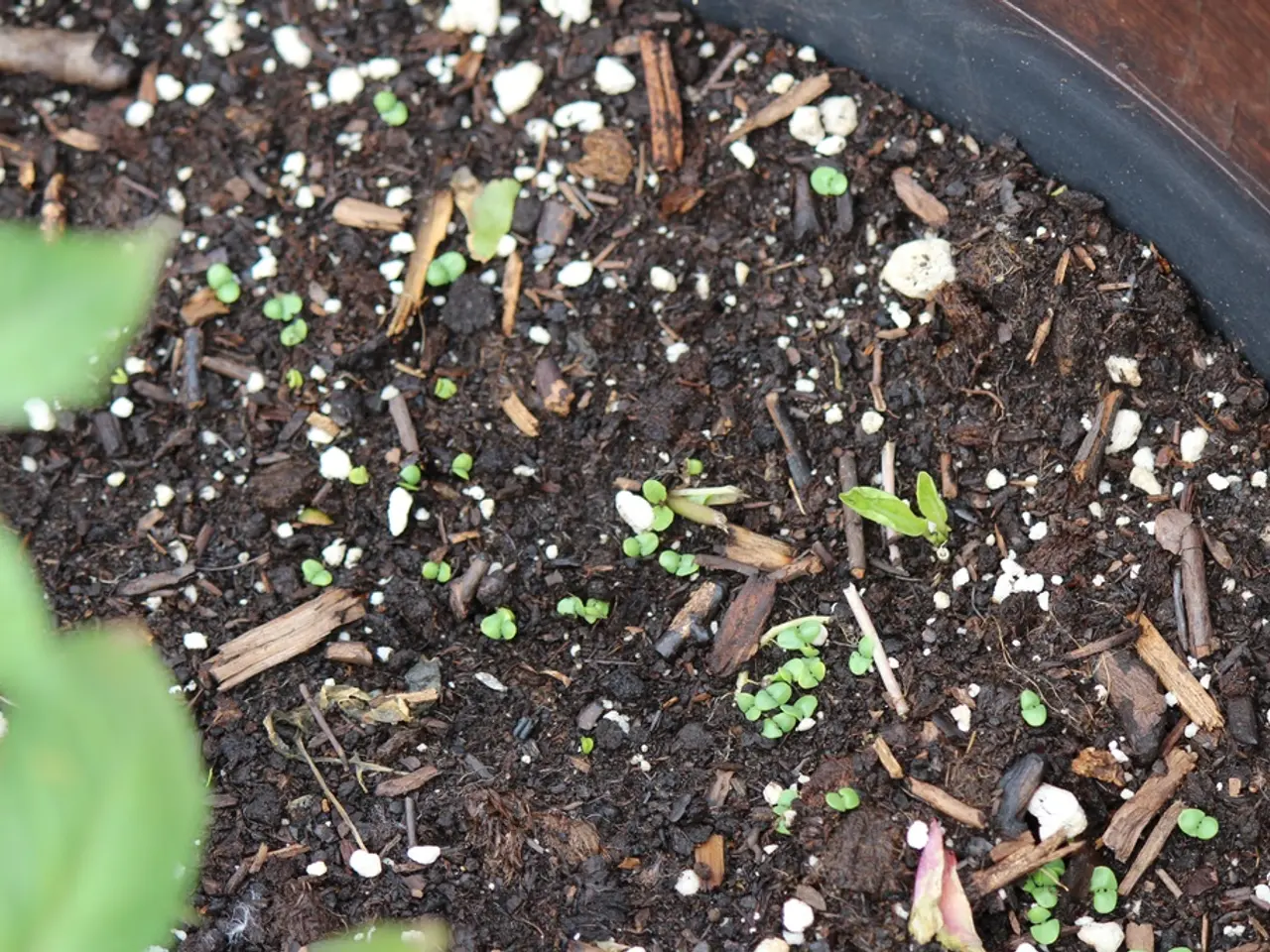Underground complexities of Earth's surface: You might assume you're familiar, but there's a whole world beneath your steps
In the realm of agriculture, the often overlooked hero is the soil—a living organism teeming with life. Soil is not just a medium for plant growth, but a complex ecosystem that breathes, respires, and is home to a multitude of organisms.
These soil organisms, such as fungi, bacteria, nematodes, worms, beetles, and more, play a crucial role in providing a healthy structure to soil and making nutrients available to plant roots. One such organism, protozoa, may supply as much as three quarters of plants' nitrogen requirements. Fungi, in particular, help aerate soil, move nutrients around, and are used by plant roots to fetch and unlock minerals, especially phosphorus.
Gastropods, like slugs and snails, contribute to the soil ecosystem by converting organic waste to a more decomposed form and helping bind soil particles together. Arthropods, such as mites, spiders, beetles, springtails, and millipedes, shred organic matter to speed decomposition.
Promoting soil biology benefits soil fertility and plant growth by enhancing nutrient cycling and availability, improving soil structure and moisture retention, suppressing soil-borne diseases, and increasing plant resilience to stresses. Biological organisms like mycorrhizal fungi, nitrogen-fixing bacteria, and plant growth-promoting rhizobacteria (PGPR) convert unavailable nutrients into usable forms, extend root access to nutrients, and produce compounds that bind soil particles, leading to better soil aggregation and organic matter content.
This results in higher crop yields, reduced dependence on chemical fertilizers, and healthier, more resilient plants. Key benefits include improved nutrient availability, better soil structure and moisture retention, disease suppression, increased plant resilience, and reduced reliance on synthetic inputs.
Maintaining a diverse and active soil microbiome is essential for sustainable agriculture. Keeping a mulch of organic matter on the surface can enhance the lives of soil organisms. Animal manure, though often lumpy and harder to spread evenly, contains a lot of goodness. Bought-in compost or manure can be used to supplement home-made compost. However, black and crumbly green waste compost and mushroom compost, while available at reasonable prices, are not rich in nutrients.
Adopting practices like avoiding synthetic chemicals, avoiding unnecessary cultivation, and adding organic matter to the surface can lead to a self-reinforcing improvement in soil health. Regular use of synthetic chemicals can irritate or even destroy many soil inhabitants. On the other hand, promoting natural nutrient cycling and soil health lowers the need for chemical fertilizers and improves sustainability.
Plants that are well adapted to your type of soil, location, and climate require less chemical assistance to keep disease at bay when grown in healthy soil. For instance, horse manure is better for heavy soils, while cow manure is better for lighter soils. Nematodes help to mineralise nitrogen, and earthworms make casts up to 50% higher in organic matter than surrounding soil and make nutrients more available to plants.
In conclusion, fostering a diverse and active soil microbiome supports ecosystem functions critical for sustainable agriculture, making soils more fertile and plants more productive and robust. For more information, visit www.soilfoodweb.com, where Dr. Elaine Ingham has revealed much about soils' food chain, with invisible bacteria at the bottom and frogs, mice, birds, and so on at the top.




